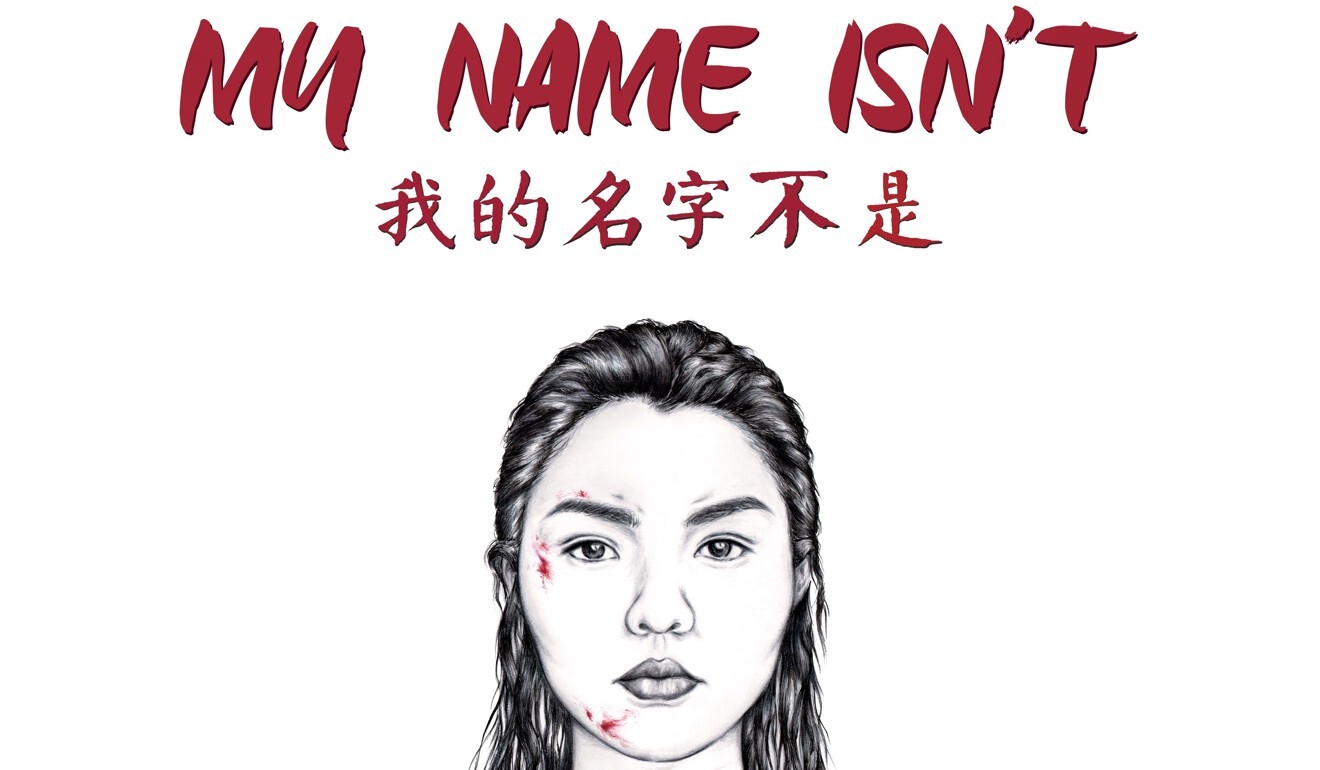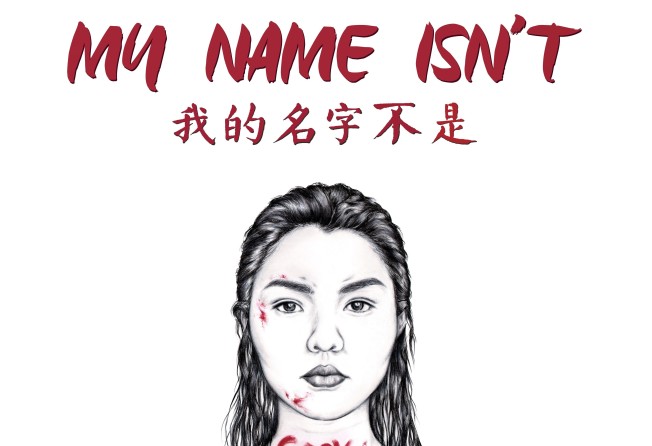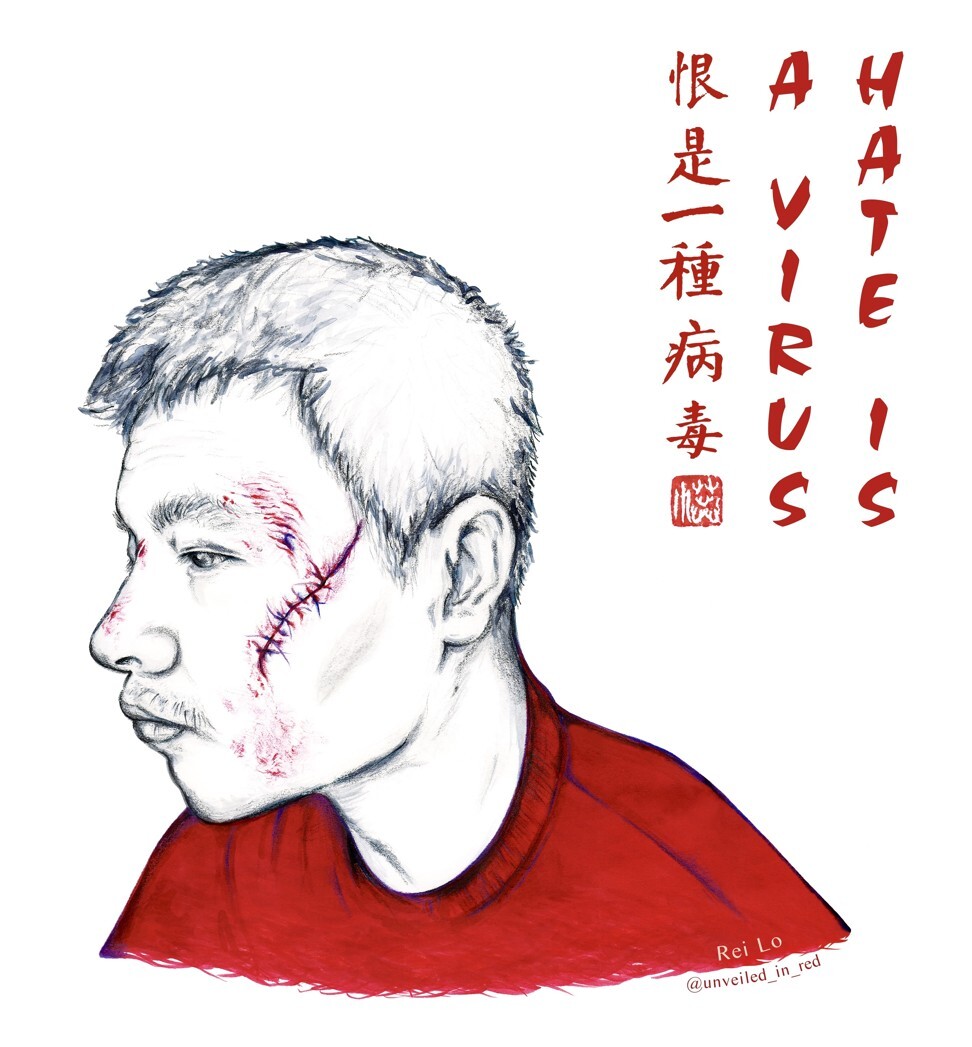
Asians suffering pandemic racism find solace in Facebook meme and humour group Subtle Asian Traits
- Group’s members usually discuss topics such as bubble tea and tiger parents, but recently the solemn topic of anti-Asian sentiment due to Covid-19 has emerged
- One artist’s portraits of herself and of Asian victims involved in hate crimes have helped some members deal with their own pain

On the Facebook group Subtle Asian Traits (SAT), memes and humorous posts do the talking for its more than 1.8 million members. Since its inception two years ago, the group has served as a platform for young people across the world to grapple with what it means to be Asian.
Its members discuss quintessentially Asian topics such as bubble tea, K-pop and tiger parents, swapping jokes that need no explanation. But in recent months, a more solemn topic has emerged: coping with the rise of anti-Asian sentiment due to the coronavirus pandemic.
The group started out with simpler intentions. A few months before their final high school exams, eight Asian-Australian friends who knew each other from Chinese-language school in Melbourne created the group to bond over their shared experiences.
“At the start, we just wanted to create a fun space, and there was nothing like this online,” said Tony Xie, 19, one of the group’s founders, who is currently a second-year engineering student at the University of Melbourne.
The witty memes and humour appealed to Asians around the world, and the group soon saw a meteoric rise in membership.
As the group expanded, its founders quickly saw a need for proper operations. Xie said the team has since recruited a more diverse team of more than 40 volunteers to approve every post that is made.
“We want a community that celebrates differences and similarities between different Asian subcultures from all over the world,” Xie said. “We wanted a place online where you could feel safe.”
The ongoing Covid-19 outbreak, which was first reported in Wuhan, China, has led to increased incidents of racist attacks against Asians worldwide. Michelle Bachelet, the UN high commissioner for human rights, said the pandemic had “set off a disturbing wave of prejudice against people of Chinese and East Asian ethnicity”.
Witnessing this rise in racism unsettled New Yorker Rei Lo, 26, who joined Subtle Asian Traits a year ago. It inspired her to sketch portraits of herself and of Asian victims involved in hate crimes.

Her first sketch was sparked by an incident in March involving a Myanmese father and his two young sons who were assaulted in Texas. The attacker allegedly admitted to trying to kill Bawi Cung’s family because he believed they were Chinese and infecting people with the coronavirus.
“When I read that story, I couldn’t shake it off. These hate crimes are dehumanising and terrible to read about,” Lo said. “I felt a sense of duty to speak up about these issues.”
Lo shared her artwork on the group’s page and received an overwhelming response, with more than 15,000 likes and over 1,500 comments.

She recalls a particular comment that made her tearful. “This woman said that during her entire quarantine and all these racist attacks, she felt this frustration and pain that she didn’t know how to express. She was thankful for my art for capturing that for her.”
Such exchanges can be a form of catharsis. “It’s not too different from back in the day, where you had agony aunts in magazines,” said Crystal Abidin, a senior research fellow in internet studies at Curtin University in Perth, Western Australia. “It’s cathartic for the person sharing. But in a group like SAT, you’re speaking to your target audience, not just hollering into a very diverse and potentially futile space, like Twitter.”

Even for lurkers – the quiet, silent members of a social media group – just absorbing the group’s content, and the feelings of the community, can have a positive impact, inviting them to participate.
SAT has mastered as a group the different types of humility and tonality to deal with serious discussions online
In the past, few political posts were approved by the moderators. Xie said that such posts could get heated at times and the comments section sometimes turned into a “toxic place”.
But some members were frustrated as they wanted a space for serious conversations in the group. Eventually, the moderators introduced a “discussions” tag for such posts, so members could easily find them and join the discussion on topics ranging from family relationships to the Uygurs in Xinjiang or the recent explosion in Beirut.
Memes and jokes can still be found among the heavier topics, but Abidin said memes could also be political, and humour could be used as a tool for activism online.
“Memes and humour have always been used as a way to lubricate difficult conversations and level the playing field for young people to participate in political discussions,” she said.
“I would say that SAT has mastered as a group the different types of humility and tonality to deal with serious discussions online, even if they don’t always agree with each other.”